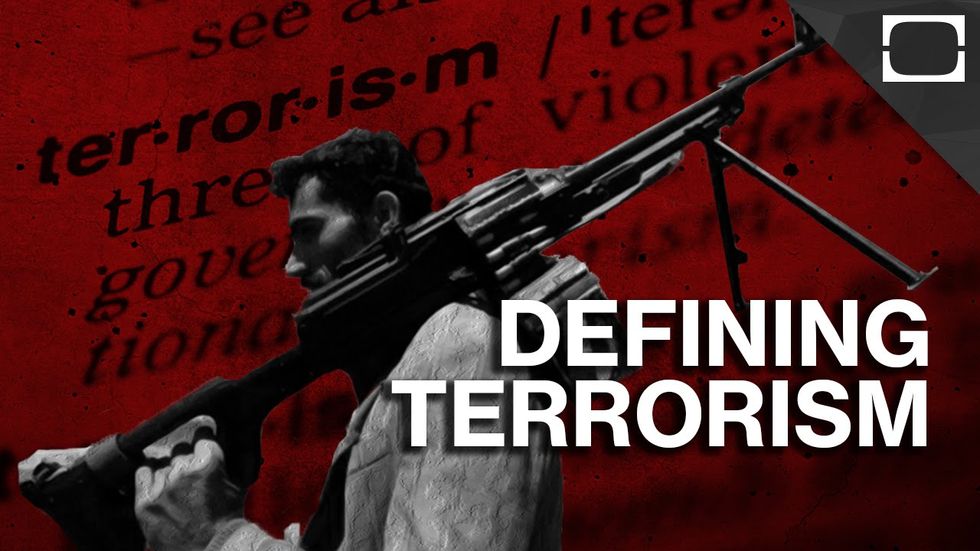ter·ror·ism
ˈterəˌrizəm/
noun
- the unlawful use of violence and intimidation, especially against civilians, in the pursuit of political aims.
We live in a world where the threat of terrorism has become commonplace. It seems that everywhere you turn there is another threat or another attack. It is both a domestic and an international problem.
I began this article with a definition I found on google, but that definition does us little in the grand scheme of things. This definition gives us a basic understanding of what terrorism is, but leaves a gaping hole when it comes to identifying terrorism.
There is no universal definition of terrorism. What one group sees as freedom fighters another sees as terrorists. Without a universal definition of terrorism, governments are also able to label whomever they wish as terrorists. Governments that are oppressive can use this gray area to slander any opponents and keep a ruling party in power. Even the United Nations has no definition of terrorism that all the member nations will agree to.
Moreover, extremists and terrorists do not necessarily incompass the beliefs of all those they claim to represent. This then makes it difficult to bring down terrorists without slandering the identity of a group that may be a majority of innocents.
It must also be noted that all groups have their extremists. Both the left and the right have people who have committed wrongs. Both Christianity and Islam have people who have committed wrongs. Even Buddhism, often regarded as one of the most peaceful of religions, has had people commit atrocities. This is because terrorism is not something specific to one group. Terrorism has no race or religion but uses these as a catalyst for its evil.
In the United States we are quick to call large-scale violence terrorism. For us Americans, bombings and mass shootings are easily named terrorism, but terrorism does not have a scale. Attacks do not have to be against large groups of people to be terrorism. By the above definition, terrorism is violence and intimidation in the pursuit of political aims, so harming one person under these circumstances is still terrorism.
Aside from violence, this definition also addresses intimidation as terrorism. This idea makes things even more complicated. Intimidation does not necessarily include any physical harm which can make it much harder to prevent and protect people from. And intimidation is a very normal part of the political system, thus raising the question of whether there is a line that must be crossed for intimidation to be considered terrorism.
It is necessary for us all to take a step back and examine our beliefs and the beliefs of those who claim to be on our side. Every group has people who go beyond what is acceptable in venture into the areas of extremism and violence. We must renounce these people. Those who commit violent acts to achieve their goals should not be validated and you should not want the support of people who will commit violence in your name because that will only dirty your reputation and restrict your ability to accomplish your goals. Terror is never the answer and it is never acceptable.

















